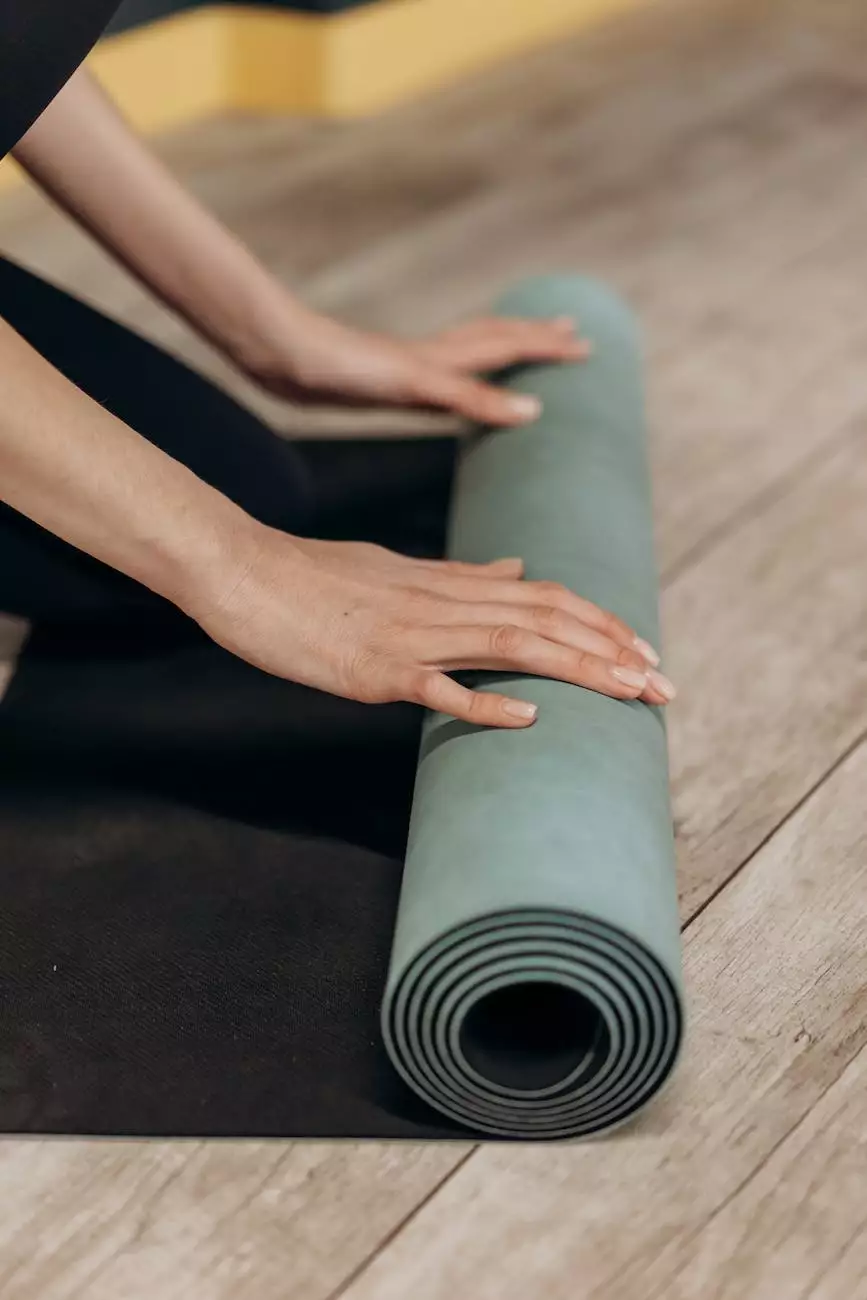Best Stretching Exercises for Nurses
Physical Therapy
Welcome to the page dedicated to the best stretching exercises for nurses, brought to you by Sexual Health Education & Economic Telehealth Services. As a healthcare professional, nurses often find themselves working long hours, constantly on their feet, and lifting heavy objects, which can take a toll on their bodies. Engaging in a regular stretching routine can greatly benefit their physical well-being and overall health.
The Importance of Stretching for Nurses
As an essential part of the healthcare team, nurses play a vital role in providing care to patients. However, the demanding nature of their work can lead to muscle stiffness, joint pain, and overall physical discomfort. Incorporating stretching exercises into their daily routine can help improve flexibility, reduce muscle tension, and alleviate the strain caused by repetitive movements.
Stretching Exercises for Nurses
1. Upper Body Stretches
Nurses often spend a significant amount of time on their feet, leaning over patients, and performing various tasks which can lead to upper body tension. To relieve this tension, here are some effective upper body stretches:
- Shoulder Rolls: Roll your shoulders forward and backward in a circular motion for 10-15 repetitions.
- Chest Stretch: Stand tall and clasp your hands behind your back with straight arms. Gently pull your shoulders back while keeping your chest lifted.
- Neck Stretch: Slowly tilt your head to one side, bringing your ear towards your shoulder. Hold for 15-30 seconds and repeat on the other side.
2. Lower Body Stretches
Due to the physically demanding nature of nursing work, nurses often experience discomfort in their lower body. Here are some stretches to target the lower body muscles:
- Runner's Lunge: Step one foot forward, bend the knee, and lower your hips into a lunge position. Keep your back straight and feel the stretch in your hip flexors. Hold for 30 seconds and switch sides.
- Hamstring Stretch: Sit on the edge of a chair and extend one leg in front of you. Reach towards your toes, keeping your back straight. Hold for 15-30 seconds and switch legs.
- Calf Stretch: Stand facing a wall, place your hands against it, and step one leg back. Keep your back heel on the ground and feel the stretch in your calf. Hold for 30 seconds and switch legs.
3. Full Body Stretches
Engaging in full body stretches can help nurses relieve overall tension and promote relaxation. Here are a few effective full body stretches:
- Standing Side Bend: Stand with your feet hip-width apart, raise one arm overhead, and gently lean towards the opposite side. You should feel the stretch along your side. Hold for 15-30 seconds and repeat on the other side.
- Forward Fold: Stand with your feet hip-width apart, hinge at the hips, and slowly lower your upper body towards your legs. Allow your hands to reach for the ground or rest on your shins. Hold for 30 seconds.
- Child's Pose: Kneel on the floor, bring your buttocks towards your heels, and extend your arms forward. Rest your forehead on the ground and breathe deeply. Hold for 30 seconds.
Tips for Incorporating Stretching into Your Routine
To maximize the benefits of stretching, it's important to incorporate it into your daily routine. Here are some tips to help nurses establish a consistent stretching practice:
- Schedule It: Set aside dedicated time for stretching exercises. Consider incorporating them into your pre or post-work routine.
- Start Slowly: If you're new to stretching, start with a few basic exercises and gradually increase the intensity and duration.
- Listen to Your Body: Pay attention to how your body feels during stretching. Avoid any exercises that cause pain or discomfort.
- Make It a Habit: Consistency is key. Make stretching a regular part of your daily routine to experience long-term benefits.
- Stay Hydrated: Drink an adequate amount of water before and after stretching to keep your muscles and joints hydrated.
By incorporating these stretching exercises into your daily routine, nurses can improve their physical well-being and reduce the risk of injuries. Take care of your body and prioritize self-care, as it directly impacts your ability to provide quality healthcare.
Conclusion
As a nurse, taking care of your physical health is crucial for delivering the best care to your patients. By regularly practicing stretches for different parts of your body, you can prevent muscle stiffness, reduce tension, and improve flexibility. Sexual Health Education & Economic Telehealth Services is proud to bring you the best stretching exercises for nurses to support your overall well-being.










